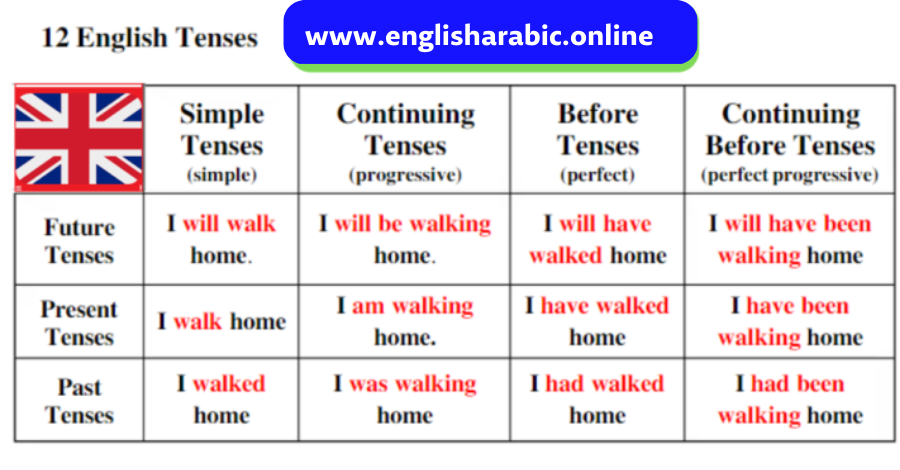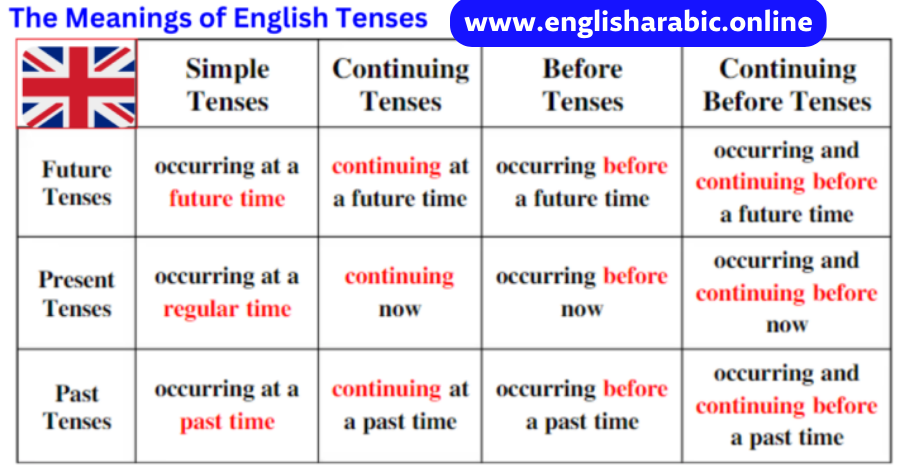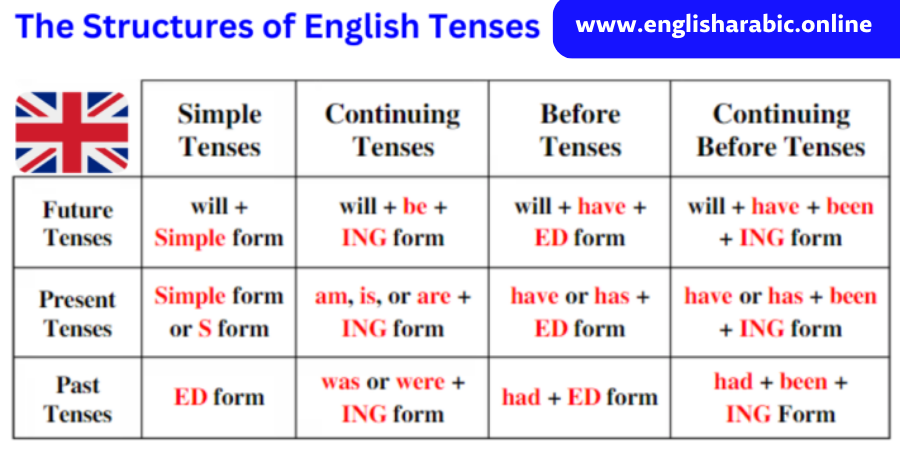conjugation
| Tense | I | You | We |
|---|---|---|---|
| Present | I sleep | You sleep | We sleep |
| Present Continuous | I am sleeping | You are sleeping | We are sleeping |
| Preterite | I slept | You slept | We slept |
| Preterite Continuous | I was sleeping | You were sleeping | We were sleeping |
| Present Perfect | I have slept | You have slept | We have slept |
| Present Perfect Continuous | I have been sleeping | You have been sleeping | We have been sleeping |
| Pluperfect | I had slept | You had slept | We had slept |
| Pluperfect Continuous | I had been sleeping | You had been sleeping | We had been sleeping |
| Future | I will sleep | You will sleep | We will sleep |
| Future Continuous | I will be sleeping | You will be sleeping | We will be sleeping |
| Future Perfect | I will have slept | You will have slept | We will have slept |
| Future Perfect Continuous | I will have been sleeping | You will have been sleeping | We will have been sleeping |
| Conditional Present | I would sleep | You would sleep | We would sleep |
| Conditional Present Continuous | I would be sleeping | You would be sleeping | We would be sleeping |
| Conditional Past | I would have slept | You would have slept | We would have slept |
| Conditional Past Continuous | I would have been sleeping | You would have been sleeping | We would have been sleeping |



















